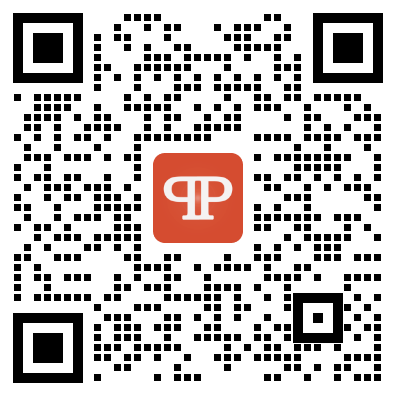Exploring Alternative Database Options: A Look at MySQLLike Databases(mysql类似的数据库)
Exploring Alternative Database Options: A Look at MySQL-Like Databases
The use of databases is an integral part of modern software development, and it is important for developers and IT teams to understand their database options. Although MySQL is a powerful and popular open source database, there are many MySQL-like databases that offer similar features and advantages. So, let’s take a look at some alternative MySQL-like databases and what they have to offer.
MariaDB is probably the most popular alternative to MySQL. It is a fork of MySQL and is supported by the same company, so it is compatible with MySQL and includes many of the same features. MariaDB also includes additional features such as increased scalability, security, and performance. For example, MariaDB’s storage engine is much faster than MySQL’s, and it provides improved replication, better caching, and more robust security features.
Percona Server is another popular MySQL-like database. It is an open source, drop-in replacement for MySQL that is customized to enhance performance. It includes various performance tuning tools and additional features such as sharding and encryption. Percona Server also supports a wide range of storage engines, making it easier to tailor the database to your specific needs.
PostgreSQL is a popular open-source object-relational database. It is known for its excellent performance and stability, as well as its ability to handle large datasets. PostgreSQL also offers support for a range of languages and data types, making it a great choice for web applications. PostgreSQL also includes an extensive range of features, such as triggers and stored procedures.
MongoDB is a document-oriented database that is popular for its flexibility and scalability. It is designed to handle large amounts of data and can be used for a variety of applications, from managing user profiles to running analytics. MongoDB also makes it easy to store and manipulate JSON documents, making it a great choice for web-based applications.
These are just a few of the many alternative databases that are available. In order to decide which one is best for your application, you should evaluate your specific requirements and consider the features and benefits of each database.
For example, if performance and scalability are your top priorities, then MariaDB or PostgreSQL might be a better choice than MySQL. If you need a flexible database that can support a large amount of data and diverse languages, then PostgreSQL or MongoDB could be the right choice. And if you require more advanced features such as replication and sharding, then Percona Server might be the best option.
While MySQL can be a great choice in many situations, exploring the alternative options can help you find the best database for your application. Understanding your database options is a key step in developing a successful application.

